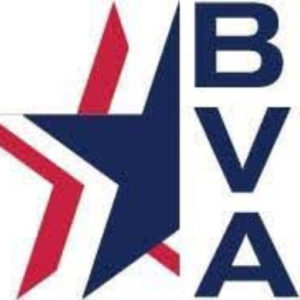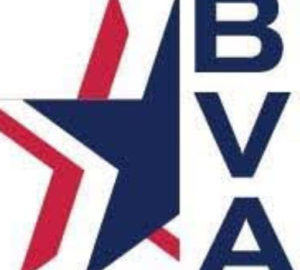BVA Happenings previously covered the topic of federal regulations, how they are formed and how the public can influence their formulation and implementation. Perhaps no better practical example of these processes in action exists than for a current topic of interest and discussion within BVA that affects Association members who are dog handlers. Two related BVA events, in fact, occurred this week.
In this month’s Dog Handlers Outreach Program session this past Tuesday, BVA National President Paul Mimms and National Executive Director Don Overton, both experienced, resident-expert guide dog handlers, informed attendees of an opportunity for public comment on the Animal Relief Attestation Form recently revised by the federal Department of Transportation (DOT). Because DOT regulations can greatly affect airline travel of a veteran with a guide dog, the importance of the form and what it will require of the dog handler community cannot be understated.
A second event, held yesterday, was a special Memorial Day reception in the Nation’s Capital that also highlighted the BVA-Waymo partnership and the exciting technology surrounding autonomous vehicles and how they can assist blind and low vision veterans (see Ambassadog Scoop Series Courtesy of Waymo).
As many BVA members and their families are already aware, when veterans with a guide dog fly on commercial airlines, they must submit a Behavior and Health Attestation Form and an Animal Relief Attestation Form. While the Department of Transportation’s stated estimate has indicated a 20-minute time frame to complete the form, the disabled community has argued that it often requires much more. Because of this feedback, the Department has proposed numerous changes.
Some of the changes are technical, such as changing “service animal user” to “service animal handler” to align with existing regulations. Others are more meaningful, like decreasing the total number of questions asked of the handler and adding an inquiry about fleas and ticks the dog may have. These forms are regularly revised and reconsidered. This allows the government to address shortfalls in existing forms and allows the public to provide input for desired changes.
When writing a comment, it is important to be specific about what one supports or opposes, and why. Sharing an experience with the form, identifying concerns with the changes, and offering suggestions are all good approaches to writing a comment. It is not uncommon to object to the form entirely and advocate the form’s outright removal. This is an opportunity to be heard and impact the rules that govern us. Remember, anything that is submitted will be public so do not submit sensitive information.
The BVA Government Relations Team will be submitting a comment on these forms on behalf of BVA and its members. Your comments can be submitted here. The comment period ends next Wednesday, May 29.


